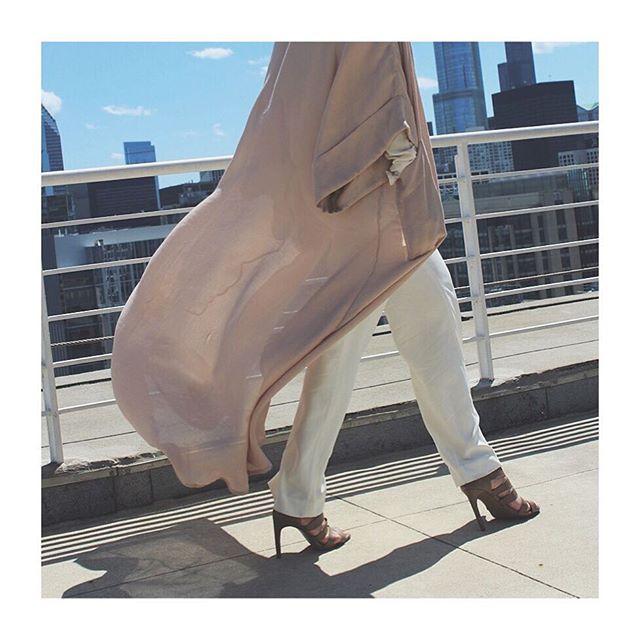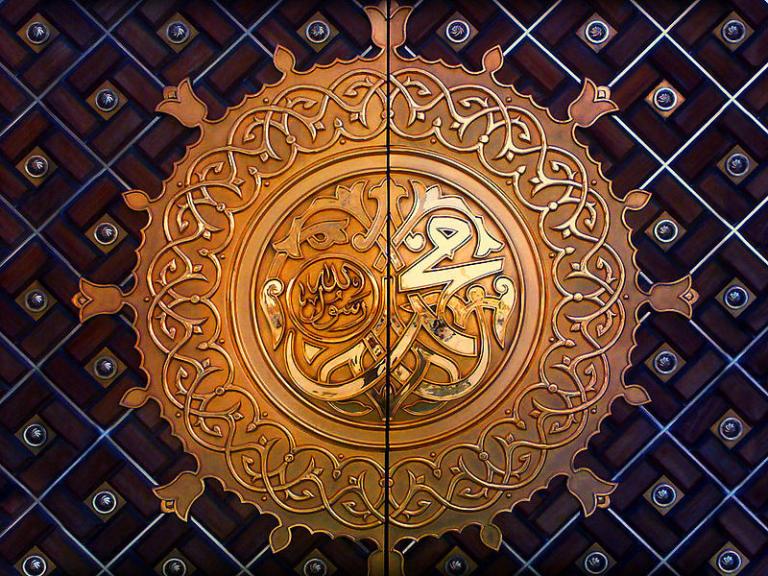A few years ago, one of my friends left her family and friends to work in a Gulf Arab state. A hijabi Muslim woman with a Moroccan name, she had found it exceedingly difficult to secure long-term employment in Belgium, where she was born and raised. My friend had remained perennially underemployed in spite of her educational background, cosmopolitan outlook, and fluency in multiple languages. So she decided to take the plunge and migrate to the Middle East, where she immediately found suitable employment.
After she moved there, I asked how her experience had been in the Gulf – I was curious to see if she felt more culturally “at home” in the Middle East than she had in Europe. Of course, the socio-political culture of the Gulf states is very different than what can be found in Morocco and other countries in North Africa, but I wondered whether living in a Muslim country might be less emotionally exhausting for a professional hijabi woman than it is in the West.
Her response surprised me.
“It’s hard to have a social life because people don’t know where to place you: You are Muslim, but you are not Arab [enough]. The locals already have their social circle and you are too foreign for them. You are Western, but Muslim, so you don’t “party” like your colleagues do. A few times I went to hang out with my [Western] colleagues at a restaurant, and was turned away at the door because of my hijab.”
At this point, my friend started chuckling at the irony of finding herself being too culturally Western to fit in socially in the Middle East after being told all her life that she was too Muslim to fit in socially in Europe, but I was still hung up on the being turned away at the door of new restaurants and hip clubs because of her hijab.
Apparently, discriminating against hijabi women is a thing in certain upscale establishments throughout the Middle East.
Recently, this Middle East practice of discriminating against hijabis at resorts and other upscale places has been unveiled after a number of Egyptian women revealed that they are being turned away from resorts because of their Islamic attire. This raised a ruckus in the Arabic-language internets, who began debating whether private institutions can discriminate against hijabis whose vibe isn’t desired at swanky establishments. Many argued that a private institution has the right to choose who may enter, but as the Egyptian Minister of Tourism mentioned during an interview to announce that all restaurants and tourism facilities who turn hijabis away will be shut down, it’s a strange position to take in a region where the vast majority of women wear hijab.
But the bid to keep hijabis out of certain spaces doesn’t surprise me. This is because these establishments have a certain image they want to project – modern, swanky, glamorous – and often offer alcohol to their clientele. There are two major assumptions made here: 1) that hijab is glamor kryptonite and 2) that hijabi women Hulk out when they see someone consuming alcohol.
Now, my own assumption is that if a hijabi is choosing to enter a fancy restaurant where she knows alcohol will be served, she will …not freak out when that alcohol is served. She probably will just order the kiddie drink and enjoy her night out sober (I’m personally a fan of Shirley Temples and virgin Hurricanes). No, the real problem these restaurant and club owners have is that they believe if a hijabi woman is allowed entry, she will instantly frump out a formerly fabulous establishment. She would kill your brand’s cool-factor and none of the “right” people will ever return.
Post-colonial attitudes throughout the Middle East have typically connected hijab with pre-modern, impoverished, and backward cultures and unveiling was the first step to upward mobility. Incidentally, this is one of the reasons why some analysts have been so confounded by the rising popularity of hijab in the 70s and 80s: why would so many educated, professional young women actually choose to wear hijab, when their mothers and grandmothers often chose not to? In fact, in many Middle Eastern societies, the hijab has often been much more intimately connected to class, politics, and upward mobility than to religious faith.
Today, many Muslim women don’t see a contradiction where so many others do and hijabi fashion bloggers are some of the most well-known Muslim women on the internets. Politics, hijabs and economics are interesting subjects to dissect and analyze, but sometimes all a glamjabi wants is to dress up and hang out at the new hip joint in town. So don’t worry, cafe owners – we don’t have special powers to frump your hip brand. Now, how’s about that pina colada mocktail?












